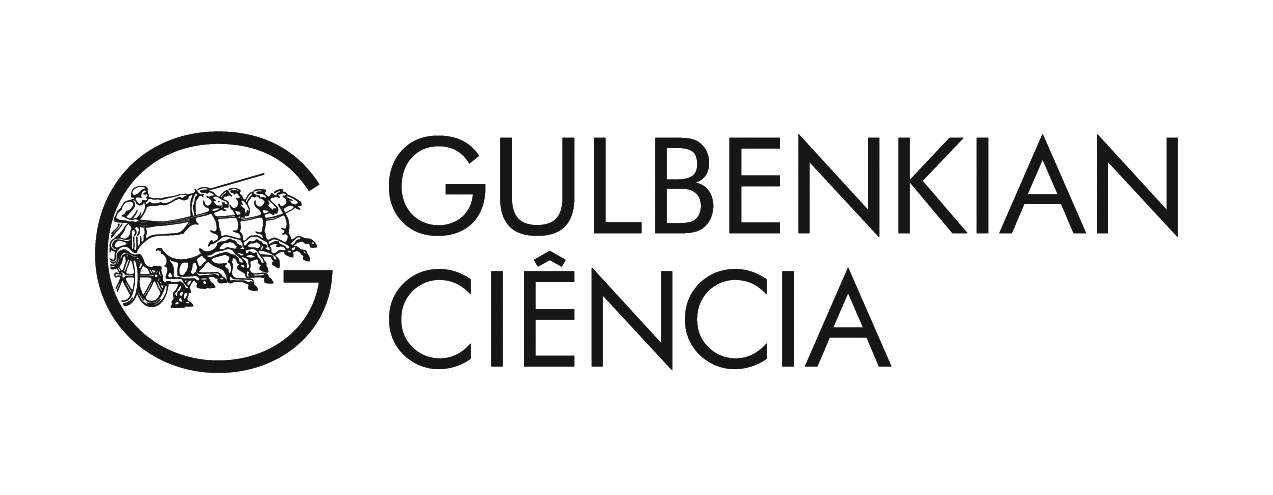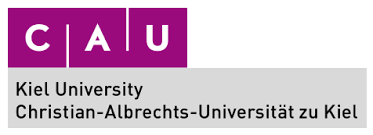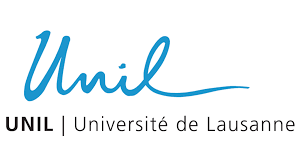SymbNET “Genomics and Metabolomics in a Host-Microbe Symbiosis Network"
SymbNET is a European network for host-microbe interactions research, funded by the European Union’s Horizon 2020 research and innovation programme.
The project coordinated by FCG-IGC (Instituto Gulbenkian de Ciência, Portugal), brings together the world-leading research institutions EMBL (European Molecular Biology Laboratory, Germany), CAU (Christian-Albrechts-Universität zu Kiel, Germany), and UNIL (Université de Lausanne, Switzerland), and another local widening partner ITQB NOVA (Instituto de Tecnologia Química e Biológica, Portugal).
SymbNET aims at establishing a European network in the use of Genomics and Metabolomics in Host-Microbe Symbiosis research, to capacitate the widening institutions, and promote this crucial growing area of research at the local and international level. Host-microbe interactions constitutes a fundamental research field of growing interest, which also impacts human health. Research in this field requires multidisciplinary, highly skilled teams and collaborative research.
SymbNET brings together a consortium of leaders in the field that present a wide range of expertise, technological knowledge, scientific questions and approaches in Host-Microbe Symbiosis. SymbNET promotes transfer of knowledge and collaborations through programs of Researchers and Staff visit exchanges, collaborative projects, sponsoring the use of new technologies, organizing scientific meetings, workshops, PhD Summer Schools, and a European meeting on Host-Microbe Symbiosis. It develops actions targeted at Early Stage Researchers to promote their research, training, mentoring, and networking, ensuring gender equality in participation.
SymbNET also aims to strengthen the management and administrative structure of the FCG-IGC and capacitate the supporting groups of the Center for International Collaboration (namely the Research Funding Affairs Unit and the Project Management office) to expand their expertise when applying for European and other International funds and on managing existing projects for the Center.
Research groups and research facilities of SymbNET:
Host-Microorganism Interactions Lab - Luís Teixeira
Bacterial signalling Lab - Karina Xavier
Evolutionary Biology Lab - Isabel Gordo
Inflammation Lab - Miguel Soares
Innate Immunity and Inflammation Lab - Luís Moita
Microbial Genomics and Symbiosis Lab - Waldan Kwong
Bioinformatics Unit - Jingtao Lilue
Genomics Unit - Ricardo Leite
Mass Spec Facility Unit (UNIMS) - Isabel Abreu
Bacterial Development Lab - Adriano Henriques
Human Microbiota - Xenobiotics Interactions Lab - Sarela Garcia-Santamarina
Microbial symbiosis Lab - Philipp Engel
Biological Geochemistry Lab - Anders Meibom
Metabolomics Unit - Julijana Ivanisevic
Cell and Developmental Biology Lab - Thomas Bosch
Evolutionary Ecology and Genetics Lab - Hinrich Schulenburg
Genomic Microbiology Lab - Tal Dagan
Molecular Cell Biology Lab - Philip Rosenstiel
Competence Centre for Genomics Analysis - Philip Rosenstiel
Systems Microbiology - Nassos Typas
Metabolic Host-Microbiome Interactions - Michael Zimmermann
Stability proteomics for assessing the state of the proteome - Mikhail Savitski
Proteomics Core Facility - Mikhail Savitski
Genomics Core Facility (GeneCore) - Vladimir Benes
Microbiome Informatics - Rob Finn
Multi-omics-based modelling of microbial ecosystems - Maria Zimmermann-Kogadeeva
Management units involved in SymbNET:
FCG-IGC Research Funding Affairs Unit - Ana Sofia Alves, Beatriz G. Fernandez, Sheila Vidal
FCG-IGC Collaborative Centre Unit - Luís Valente
FCG-IGC Institutional Communication Unit - Ana Morais
EMBL External Training Team - Juergen Deka
CONTACTS
+ 351 21 440 79 92





“This project has received funding from the European Union’s Horizon 2020 research and innovation programme under grant agreement No 952537”.

